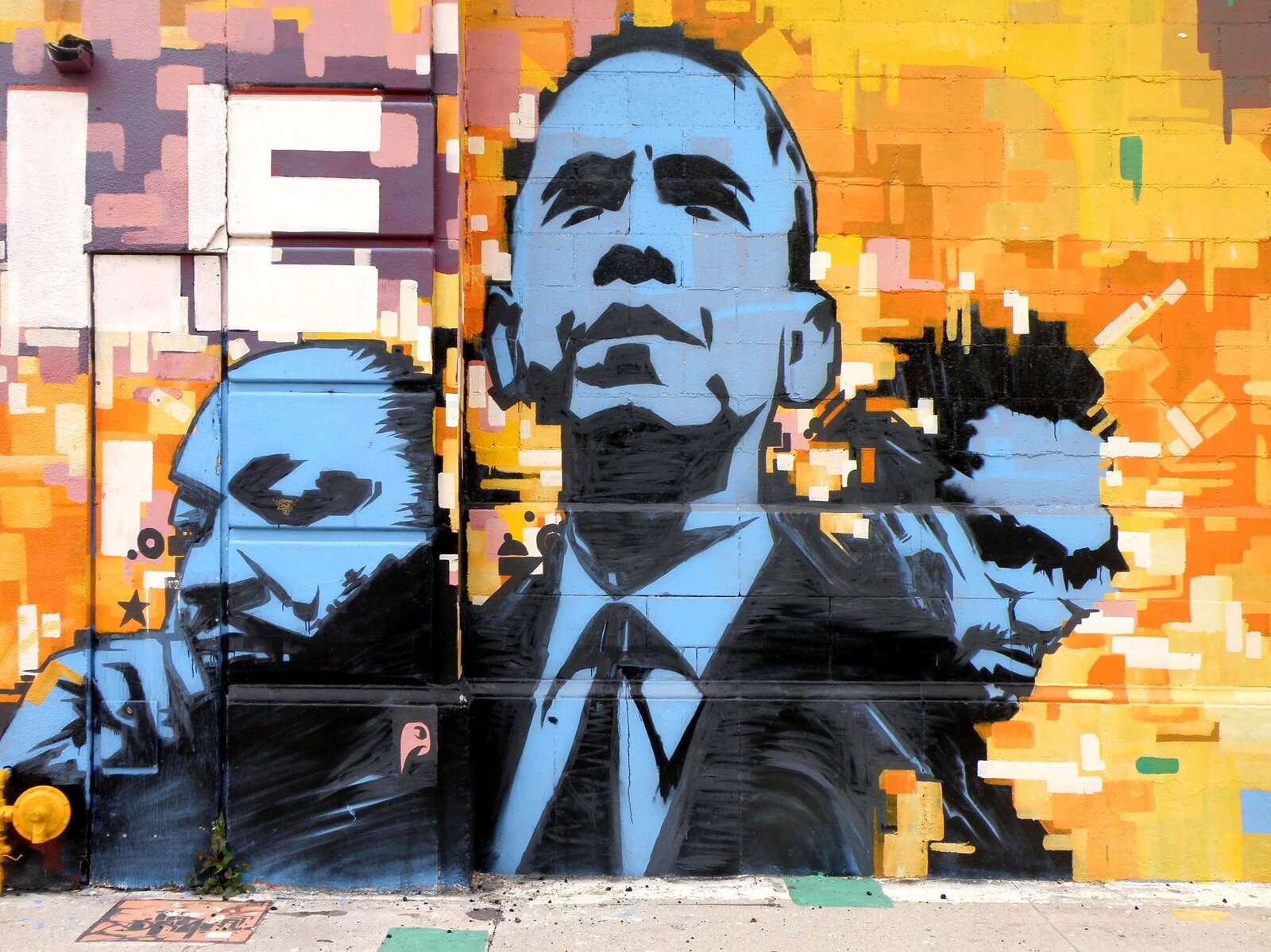The Agonizing Collision Of Love And Slavery In ‘Thomas Jefferson’Posted in Articles, Book/Video Reviews, History, Media Archive, United States, Virginia on 2016-07-03 01:04Z by Steven |
The Agonizing Collision Of Love And Slavery In ‘Thomas Jefferson’
Book Reviews
National Public Radio
2016-04-06
Did Thomas Jefferson dream of his enslaved concubine, Sally Hemings? No one knows. Jefferson himself never wrote a word about his constant companion of almost 40 years. But author Stephen O’Connor gives us a brave and wondrous dream of a novel that renders the fraught subject of their relationship a fascinating, complex and ultimately extremely addictive tale. At the core of O’Connor’s Thomas Jefferson Dreams of Sally Hemings lies a conundrum: How could the author of five words that shook the world — all men are created equal — keep his lover enslaved for decades?
Little is known of Hemings, while Jefferson is — after Lincoln — perhaps the most well documented of any figure in American history. She was the daughter of a slave and a Southern planter, the cousin of the two children whom she served at Monticello and who bore a spooky resemblance to their mother, Jefferson’s late wife. Begun when she was an adolescent, the affair lasted a lifetime, and despite the liberty-espousing statesman’s acute criticism of slavery, he never freed Sally Hemings. Together they produced four living children, who were also born into slavery, but freed upon Jefferson’s death — the only slave family so liberated by him…
Read the entire review here.
